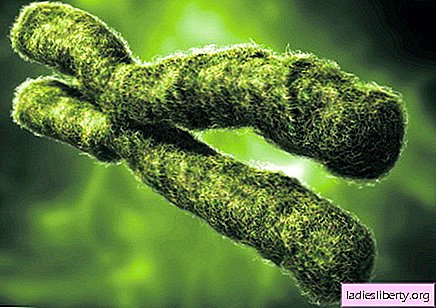
Researchers at the University of East Anglia found that biological age and longevity can be predicted by measuring DNA.
They studied the length of the terminal sections of chromosomes, called telomeres, in a bird population on a small isolated island. Their study showed that individuals are radically different in how quickly their telomeres shorten with age, and that the presence of shorter telomeres at any age is associated with an increased risk of death. They concluded that telomere length is a better indicator of life expectancy than actual age, and may therefore be an indicator of biological age.
Telomeres act as protective caps that protect genes near the end of the chromosome from degeneration, like the plastic ends of shoelaces.
Over time, these telomeres break down and become shorter. When they reach a critically short length, the cells in which they are located cease to function. This mechanism developed in the process of evolution in order to prevent uncontrolled cell division and prevent their transformation into cancerous ones. However, the flip side is that these zombie cells accumulate in our organs and lead to their aging, therefore, there are health problems and, ultimately, death.
In addition to the fact that telomeres are shortened with age, for each individual of the same age, this happens at a different rate, depending on the number of problems they face in life.
Oxidants present a great danger to telomeres. Smoking, eating junk food, excessive physical or mental stress - all this contributes to the shortening of telomeres, and, consequently, life.











